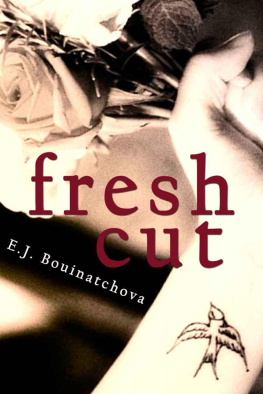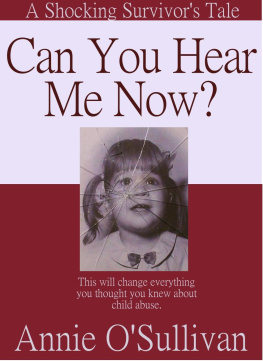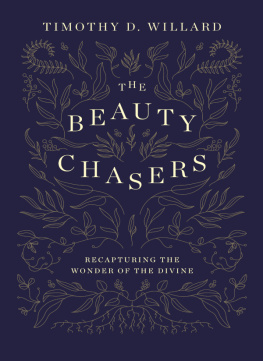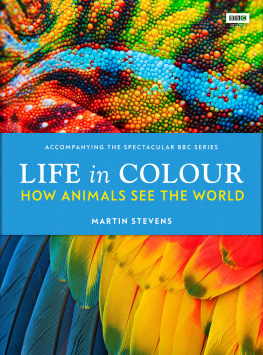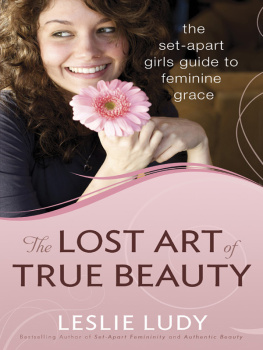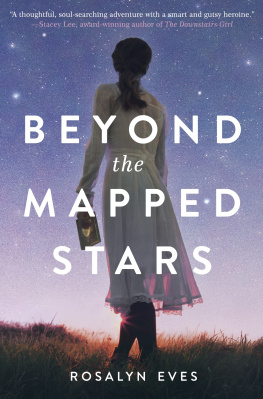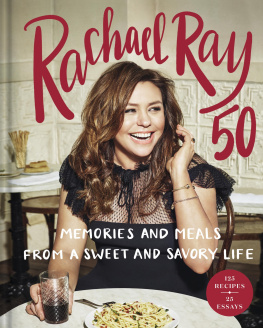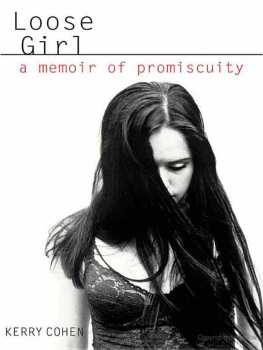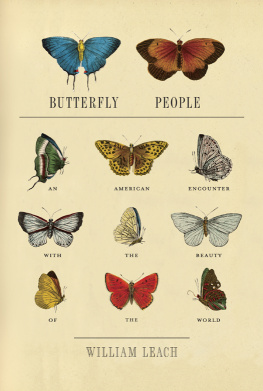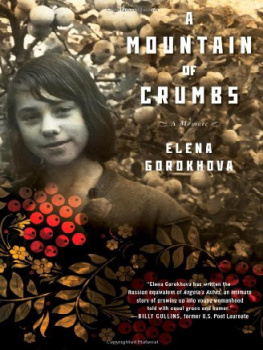Fresh Cut
E. J. Bouinatchova
Open Books
Published by Open Books
Copyright 2015 by E. J. Bouinatchova
All rights reserved. No part of this book may be reproduced, scanned, or distributed in any printed or electronic form without permission except in the case of brief quotations embodied in critical articles and reviews.
Original image "beks & the pirate bird" Copyright Shimelle Laine
Learn more about the artist at flickr.com/photos/shimelle/
This book is dedicated to my Dad, dearly departed February 14, 2012. Really, Old Man, did I need another reason to hate Valentine's Day? Loving you, always.
CONTENTS
Acknowledgments
V ery special thanks to a Brother for helping a Sister out: it takes a brave man to survive his kid sister's darkest thoughts and help to make a book out of it all. Thanks to Mr. Cliff Mars for the support, inspiration, reading, editing, and loyalty: that's true friendship. Of course, the utmost thanks to a Mother for surviving the whole thing with her sanity (mostly) intact.
Chapter 1: Unnatural Selection
W hat do you think of when you think of flowers?
Love, probably.
Not me. I think of sex. Sex and death.
Flowers are ephemeral examples of pure loveliness. They're also sex organs. Think about it: cut flowers are the severed sex organs of plants, plopped in a vase of water and slowly rotting. It's disgusting. What about the beauty, though, the grandeur of the fragile last bloom opening its petals to the sun and sky before falling into ruin? Isn't this flicker of suspended perfection, nature's immaculate little miracle caught at its fullest moment, worth the inevitable demise? It is, if you take the time to notice it. Everything deserves to be noticed before it dies.
Working with flowers day in and day out instills an acute sense of mortality. We're fighting the inevitable, and it's maddening. And that is just one of the many, many reasons why florists are unremittingly crazy.
Everyone says that about their job, true, but most don't expect it from florists. It's the loveliest job in the world, right? Full of lovely people making lovely things? In short, no. I was a florist for almost a decade so I can say this with certainty. Trust me, no one in their right mind would want to be a florist.
You may be getting the impression that I truly hate the floral industry. Perhaps I do. Here's why: I love plants, and the floral industry kills them. It's a perversion of nature, this slaughter of thousands of innocent blooms, stealing them away from the open air and sunshine into a brief and unnatural zombie life.
People see flowers and plants all the time, every day, but do they ever really notice them? Look, here's a tiny yellow flower that managed to push itself up through a crack in the concrete, continuing to grow and bloom, despite being spat on, stepped on, and pissed on. It's a miracle, plain and simple. When was the last time you worked that hard to create beauty in your life?
Sometimes I think I prefer plants to people. They're strong, undaunted, and resilient. They don't waver, or become filled with self-doubt; they just go on about the business of growing and surviving, and they do it with beauty and grace. I'd like to be like that. That's right; I aspire to be like a plant. There are worse things to which one could aspire. That being said, I like to think my story might have meaning not just for florists or plant lovers; I hope it will have meaning for anyone who's been their own worst enemy and found refuge where they least expected it.
Of course I've changed all the names here, but you can call me Eve A. Floriste. "Eve" is a fitting name for an exile from the garden. But where did it all go wrong? Life started out well: I grew up in a farmhouse in New England, in a small town where white people from the same twenty families have been living on the same properties for the last two hundred years. Not that I want to give you the impression that New Englanders are judgmental or prejudiced. Far from it. New Englanders don't care who you are or what you look like as long as you generally leave them alone.
So how does this humble beginning set the roots of a budding florist? Well, I was grubbing around in the dirt, planting and growing things from about the time I could walk. My mother taught me how to seed, and plant, and water, and take care of a garden, just as her mother had taught her, and every plant that grew there was a miracle to me. How did that tiny seed contain the recipe for a whole plant? How did they know how big to grow, or what kind of blossom to make?
The back of our garden behind the corn was all sunflowers, many times taller than miniature Eve. Sunflowers, despite how much they are romanticized, are big, ugly graceless flowers; yet something about them is unfailingly cheerful and protective. Like the overbearing, fat aunt that you are perpetually embarrassed by but secretly can't help loving. (Incidentally, sunflower perfume is utterly bogus; the flowers have virtually no scent at all.) I loved the sweet, earthy smell of the big stems, and the feel of the enormous scratchy leaves brushing up against my face. I wanted to know all about them. I would crack open the seeds with my teeth or pick them apart with my fingernails, shred the stems apart by peeling out their long, celery-like fibers, or borrow my dad's knife to chop up the great, green columns of the stems to see the secret honeycomb-like water chambers hidden inside.
Did I mention knives? Ah, knives... How I love knives. Ever since I can remember, I have been enthralled with a sharp object . Its power to cut, to destroy, to disassembleand also to create, to splice, to make a useful object where there was a useless one before. My favorite part of childhood was playing with sharp objects and mutilating plants. You know what they say about kids who mutilate plants, right? Eventually they'll move up to grains and become a cereal killer . (Yes, I really did just make that jokesorry.)
I love the way I grew up: my brother and I spent our childhood playing with knives, car parts, broken pottery, and rusty farm equipment, and running through fields and woods, exploring whatever we wanted to explore and learning about everything. Kids need to be allowed to get out on their own, stub their toes, scrape their kneesthey need to be allowed to mess up every once in a while. How else are they going to learn their limits, and find their strength? My parents and I may have had some rocky times over the years, but I will tell you flat out that I credit them with my ability to survive. Their child-rearing philosophy was one of confidence and trust; they knew that telling us not to do or touch something was a sure way to get it done or touched, so instead of being overprotective, they educated us. Instead of saying, "Don't play with knives, knives are dangerous," they would say, "Knives are dangerous, so if you're going to play with them, you'd damn well better know how to use them."
So, to sum up what we've got so far: an affinity for knives, a curiosity about the natural world, no compunctions about mangling flowers...I was a Natural Born Florist. Plus, it was in the genes. There are four other florists in my family. (I think it's a genetic aberration, like hemophilia.) My mother's mother was a horticulturalist, and she had a flower shop in Canada. It was called "Mini-Flowers" and its specialty was, yes, miniature flower arrangements. And I mean seriously minisculetwo-inch-high, bizarre, fussy little things! People loved them. Every time I came to visit I would be put to work making, for example, two hundred boutonnieres for the Royal Canadian Horticultural Society, or some such nonsense. (Note: 'Boutonniere' is a commonly misspelled French word meaning "chopped-off flower head wrapped in gummy green tape with bits of wire poking out and a wickedly long pin designed to go all the way through the lapel deep into the flesh of any unfortunate moron duped into wearing this most ridiculous invention".)

